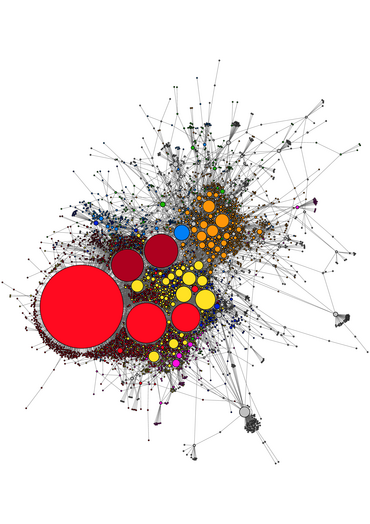Network Science Seminar
Ansprechpartner
Prof. Dr. Pascal Lenzner
Lehrstuhlinhaber
Lehrstuhl für Theoretische Informatik
- Telefon: 0821 - 5982413
E-Mail: pascal.lenzner@uni-auni-a.de ()


